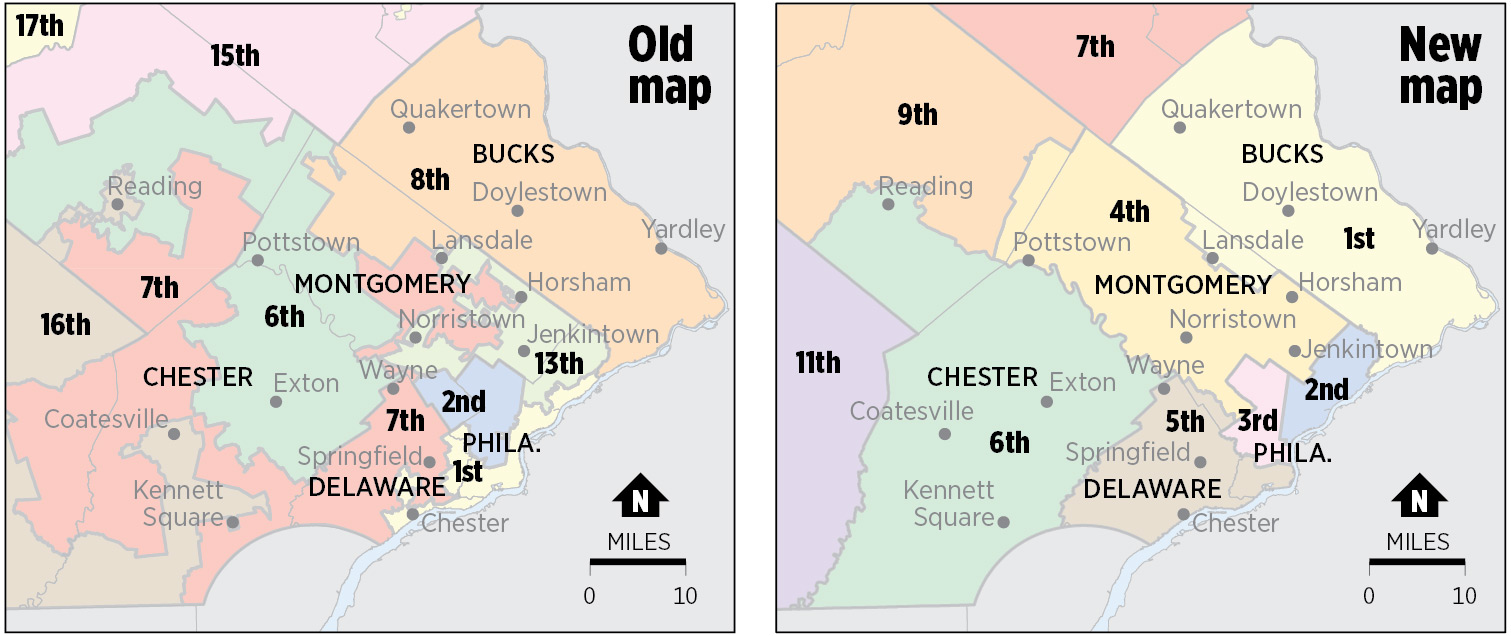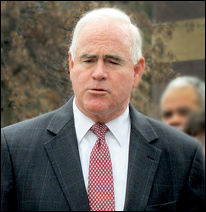By Jim Ellis
Feb. 22, 2018 — A day after the court-imposed Pennsylvania congressional map was instituted, much action is occurring in and around the new districts. A more in-depth look at the now available political numbers, for example, tells a somewhat different story than the one gleaned from simply looking at the new map configuration.
Before discussing the historical numbers and trends, several non-mathematical happenings also transpired.
First, as promised, Republicans filed a federal lawsuit against the new plan, a complaint that largely attacks the state Supreme Court for usurping legislative duties, and less about the districts themselves. The Republicans also make the sub-point that no legal challenge from any party had been leveled against the previous map even though the map cleared the legislative process and stood through three complete election cycles.
The GOP is asking the federal court system to stay the new map until the appropriate judicial panel hears their case. Such a rendering would reinstate the 2011 plan for the current election cycle. Since the revised congressional candidate filing deadline is March 20, we can expect the ruling authorities, most likely the US Supreme Court, to quickly signal an intent.
Assuming the new map stands, Rep. Brendan Boyle (D-Philadelphia), whose Montgomery County-anchored 13th District was split into three southeastern Pennsylvania districts, announced that he will run in District 2. The new PA-2 is predominantly a downtown Philadelphia district that features a voting history where Republicans don’t even reach 30 percent of the vote. This leaves new District 4, where the other large section of his 13th District now resides, as an open seat. The new 4th, where Republicans fare better than in the 2nd but still don’t come close to winning, will elect a freshman Democrat if the court map survives its legal challenge.







